OPAL Play in Progress
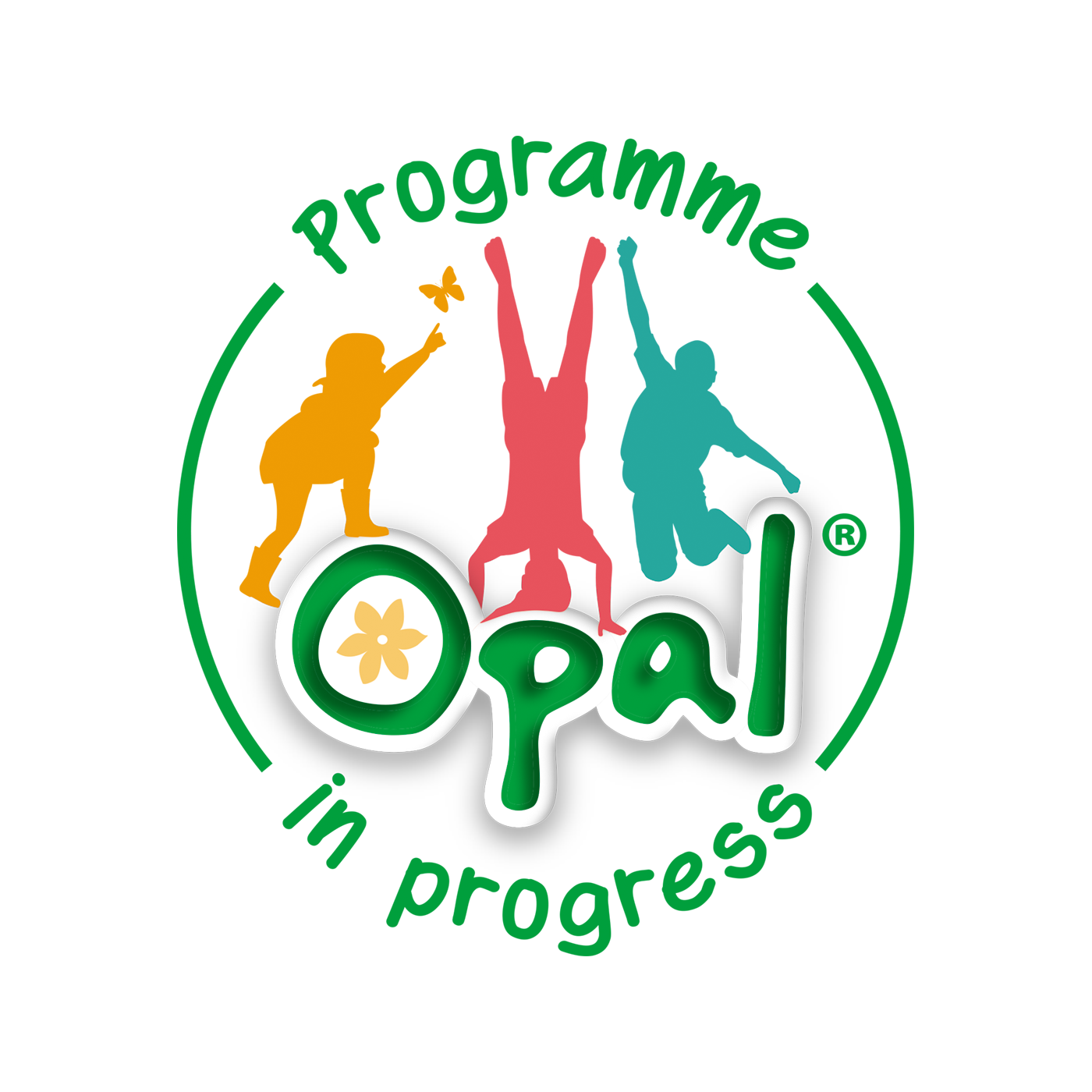 Research has shown that children’s play literacy is at an all-time low and as a country we rank near the bottom for this. Latest statistics state that 50% of children only play outside at school. The mission statement from OPAL states: 45 minutes of exciting play. The aim is to get pupils into their ‘flow state’ through freely chosen play, which then means that they are ready to transition to learning following the lunchtime break.
Research has shown that children’s play literacy is at an all-time low and as a country we rank near the bottom for this. Latest statistics state that 50% of children only play outside at school. The mission statement from OPAL states: 45 minutes of exciting play. The aim is to get pupils into their ‘flow state’ through freely chosen play, which then means that they are ready to transition to learning following the lunchtime break.
OPAL schools also see the following benefits:
- 80% drop in reported behaviour and first aid incidents
- 20% more afternoon teaching time
- Compliance with wellbeing inspection requirements
- Increased resilience, collaboration and inclusion
UN Convention on the Rights of the Child
Our school recognises the UN Convention on the Rights of the Child, which includes the right to play, recreation and leisure (Article 31) and the right of children to be listened to on matters important to them (Article 12). We acknowledge that we have a duty to take these rights seriously and listen to children’s views on their play.
At Dronfield Junior School, pupil voice is a key aspect of school life for our children which heavily includes what they are able to do in their free time at break and lunch time periods. This, we believe, will help them on their way to embedding our core values respect, resilience, excellence, autonomy, curiosity and
honesty.
Promoting a Balanced Approach
Risk = the ability to move beyond what is already known and already easily accomplished.
Resilient learners overcome the risk of failure, pain and uncertainty.
Striking the right balance means:
- Weighing up risks and benefits
- Focusing on, and controlling, the most serious risks
- Recognising that the introduction of risk might form part of play opportunities and activity
- Understanding that the purpose of risk control is not the elimination of all risk
- Ensuring that the benefits of play are experienced to the full
| Risks of 'Risk-free' play | Benefits of Risk in Play |
| Scared to try | Reduces risk of obesity |
| Listless, no learning | Improves physical health and development, gross and fine motor skills |
| Lack of control | Resilience and capacity |
| Unprepared for the future - now and in the future | Social skills |
| Incompetence | Feelings of achievement, development of self-esteem, sense of self |
Health and Safety Play Information
To see more information, please click the link Home - Outdoor Play And Learning.
OPAL Play Curriculum Leader
 Mr Hands leads our our OPAL Play initiative. He is ably assisted by the Play Team which consists of Mrs Walker, Mrs Leah, Miss Smith, Mr Burrows (non-teaching Governor) and Mrs Hattersley (parent).
Mr Hands leads our our OPAL Play initiative. He is ably assisted by the Play Team which consists of Mrs Walker, Mrs Leah, Miss Smith, Mr Burrows (non-teaching Governor) and Mrs Hattersley (parent).
OPAL Parents' Day
On 9th July, we opened our doors for the morning so parents could see the exciting opportunities that we give our pupils during their lunch times.
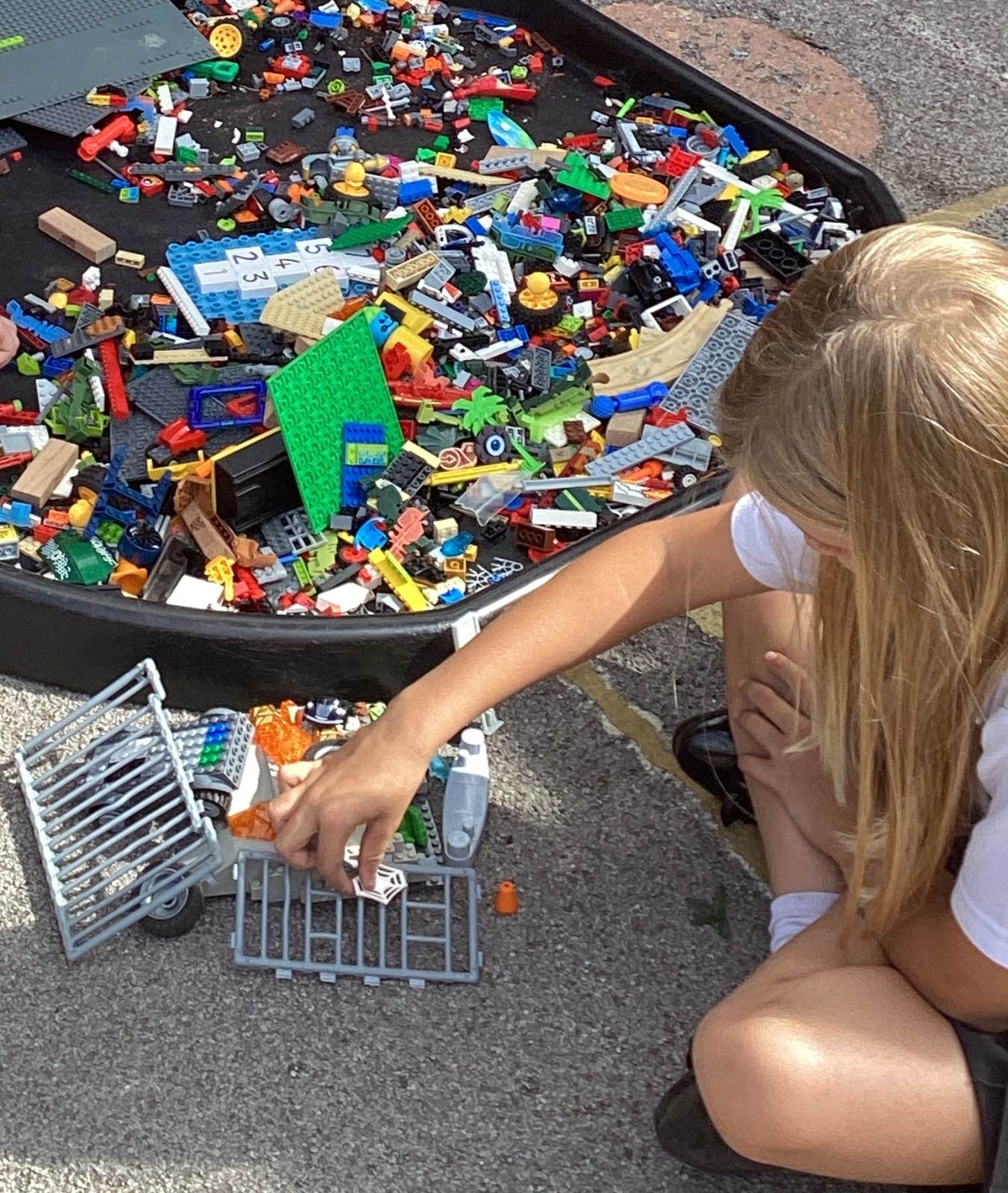
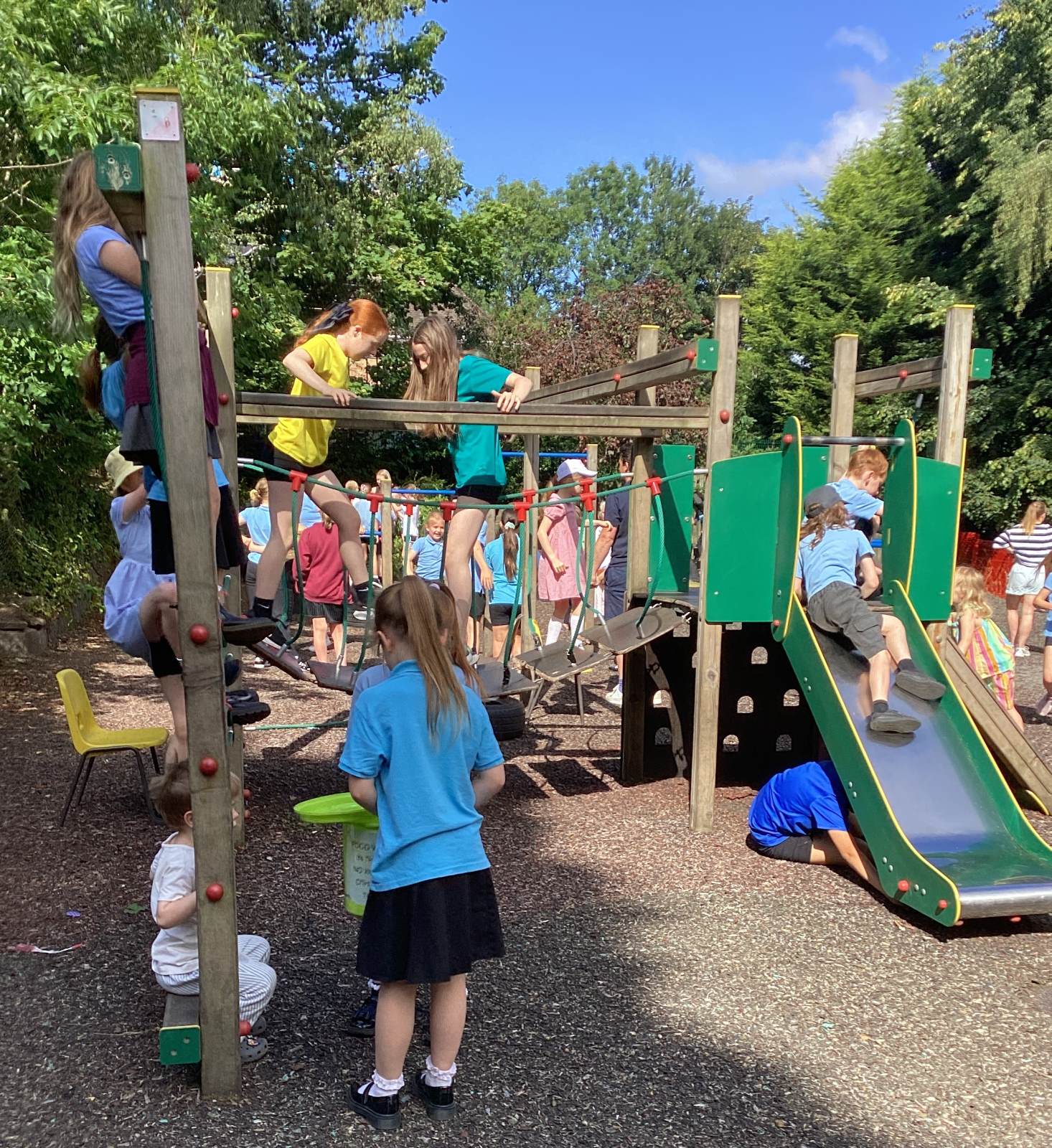
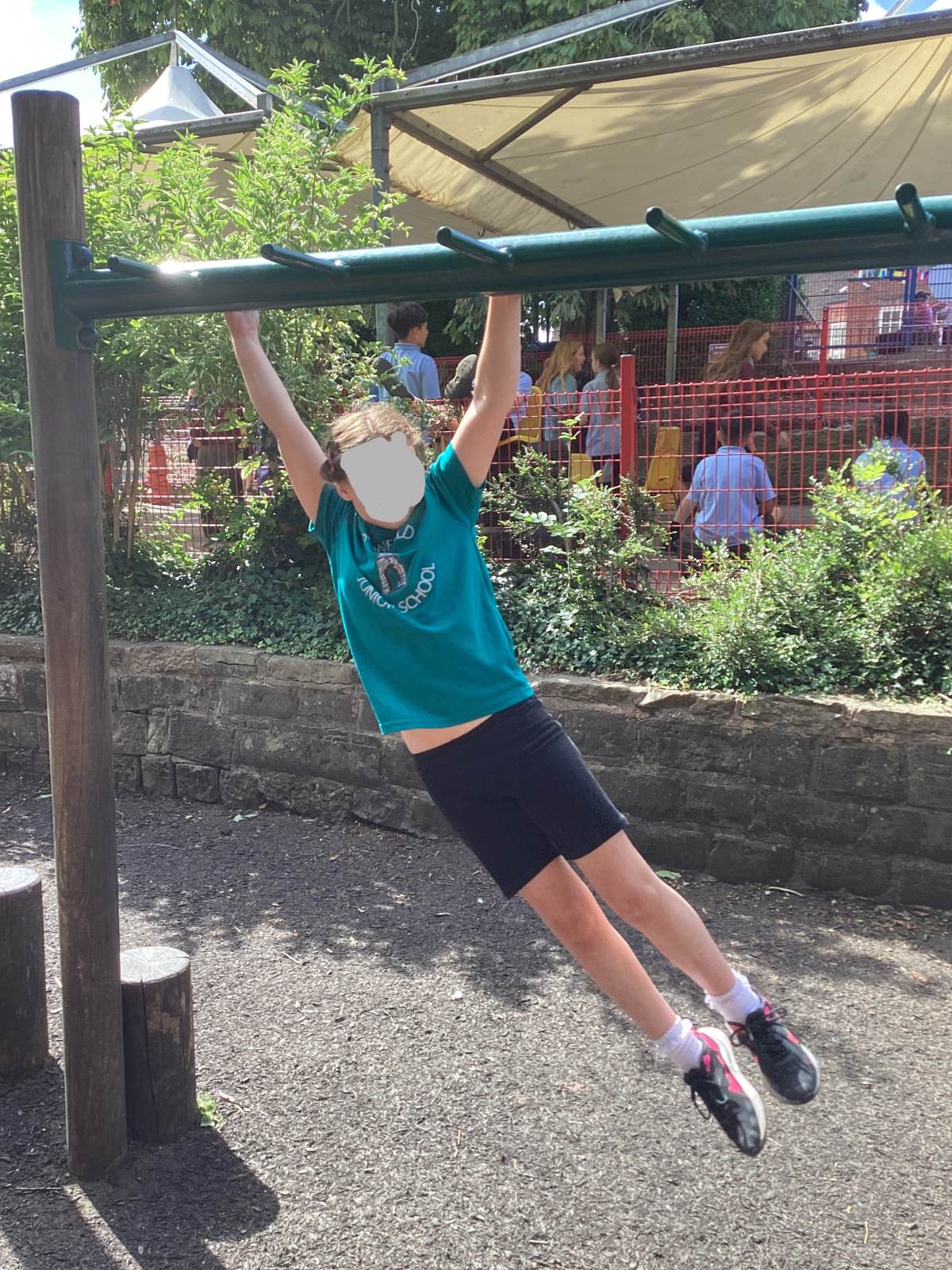
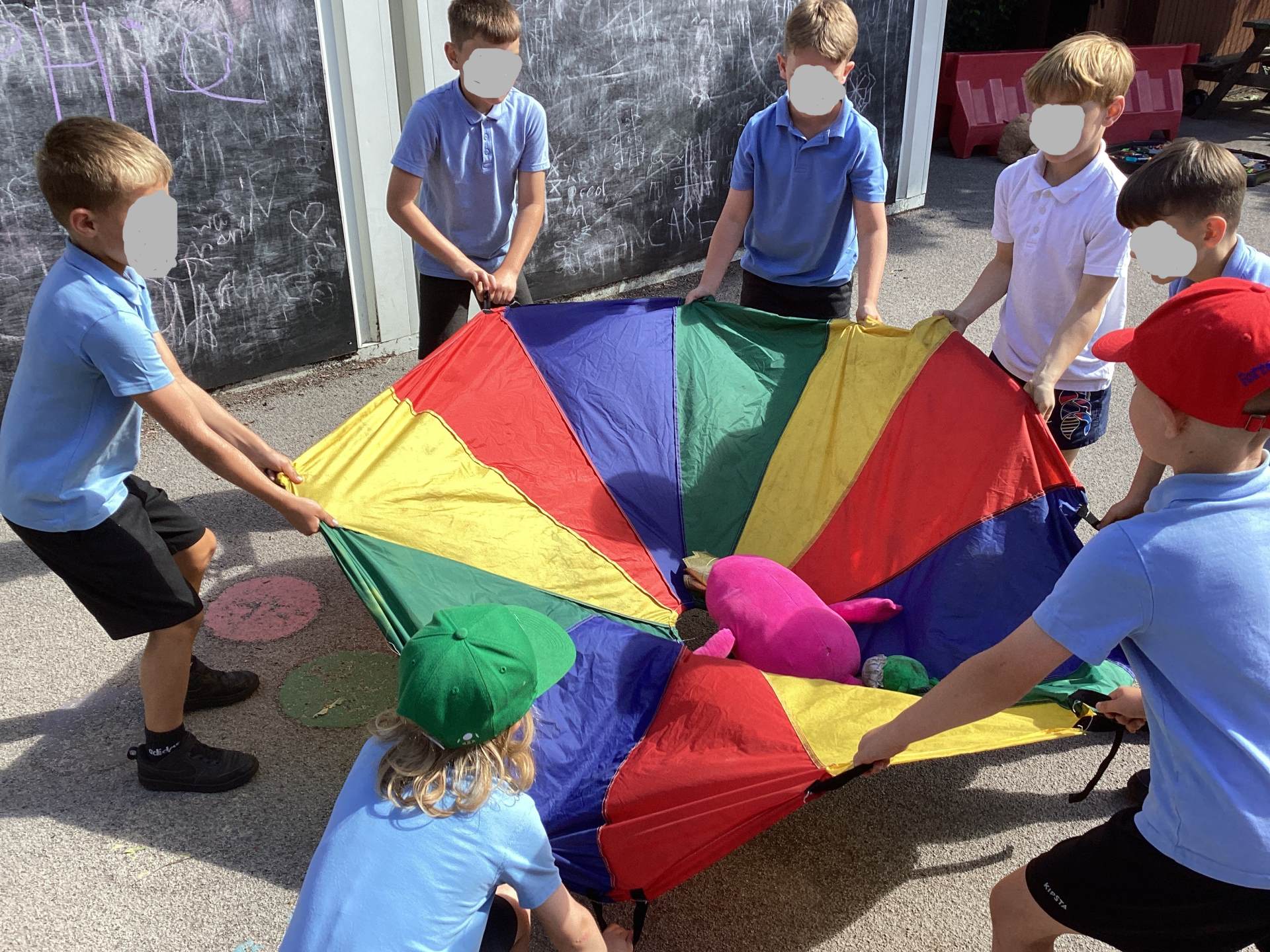
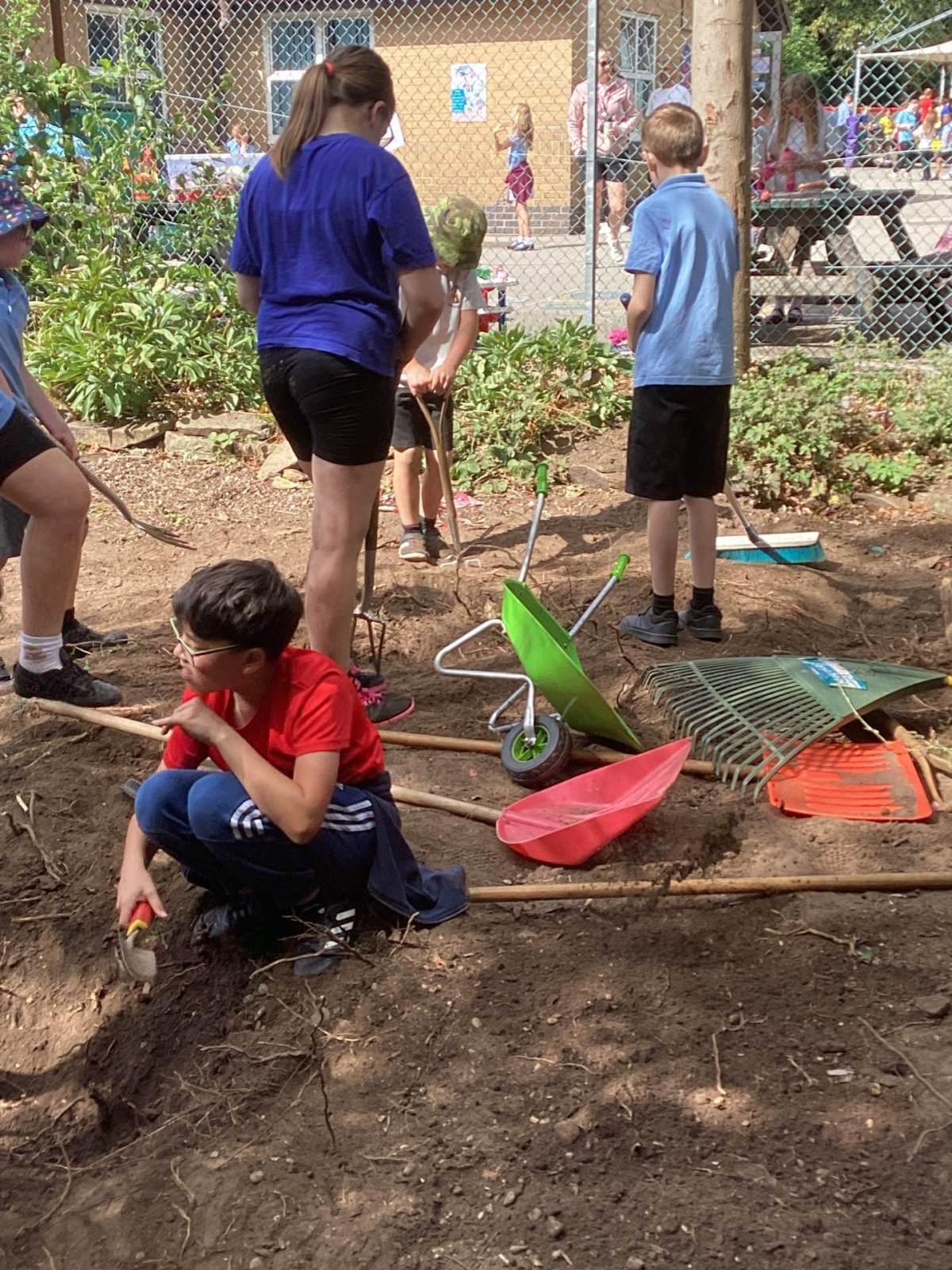
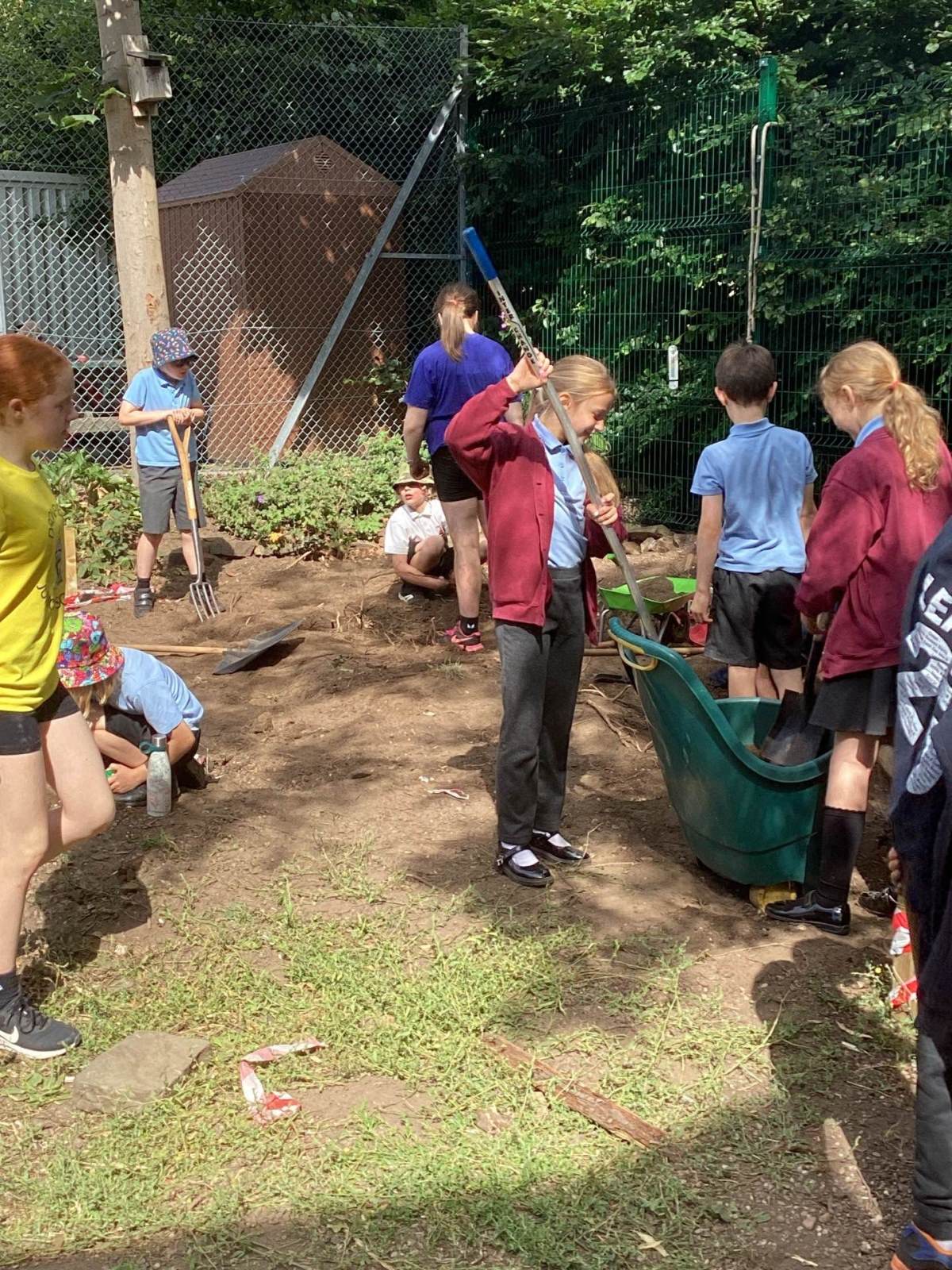
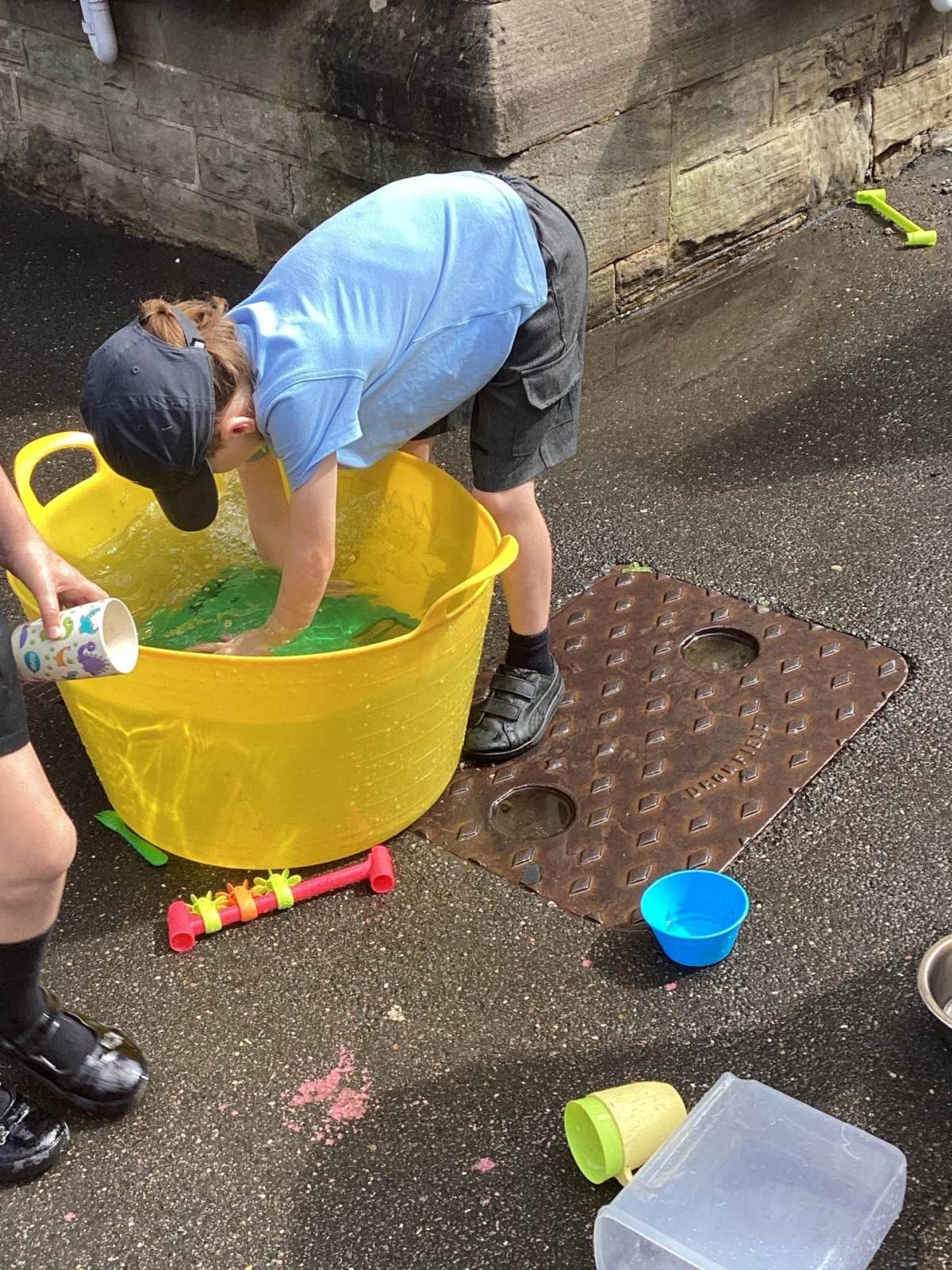
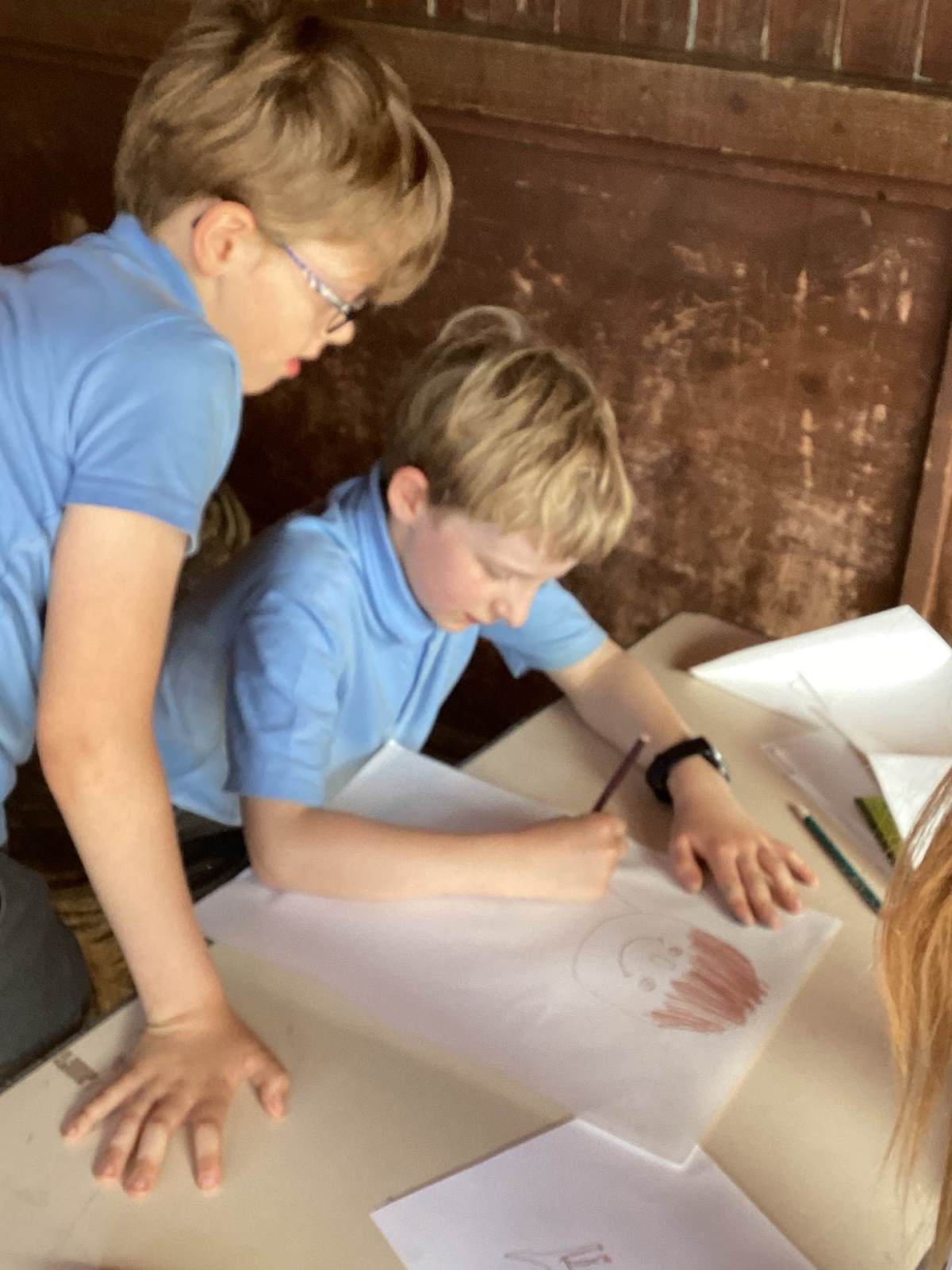
The Power of Playtime (for Parents)
Outdoor play every day will change your child's life. Step inside to see why it is important for children to play every day.
nonopalschool a5 parents guide web.pdf
